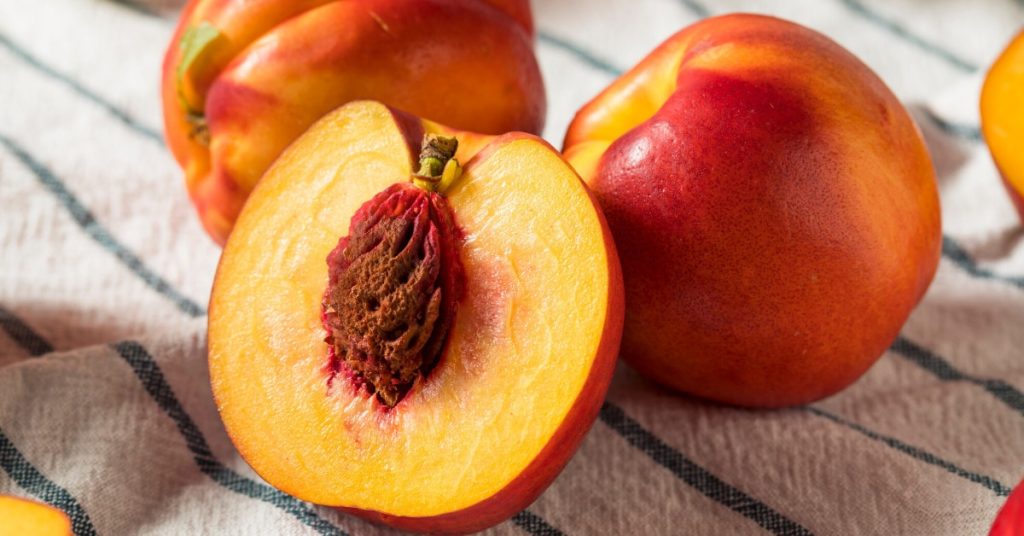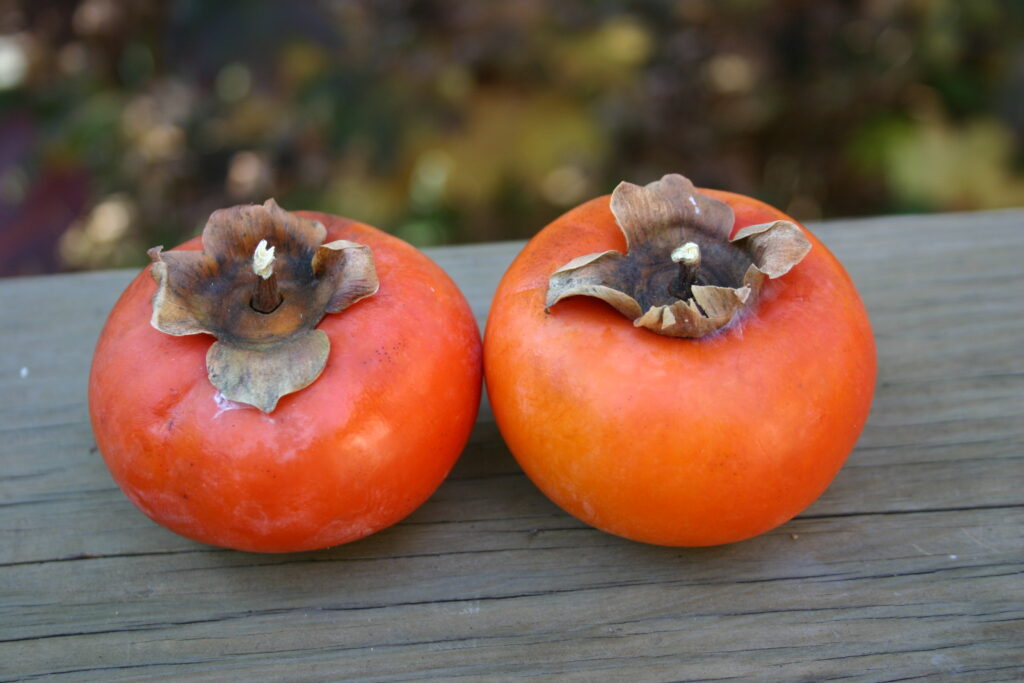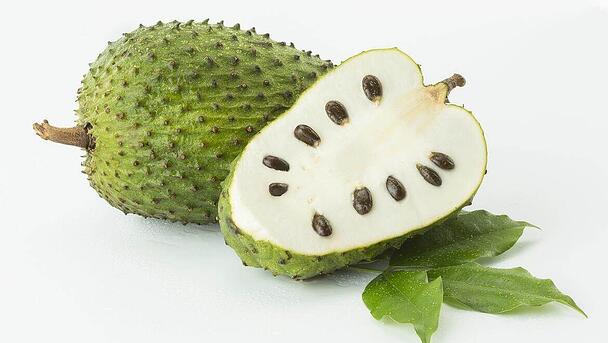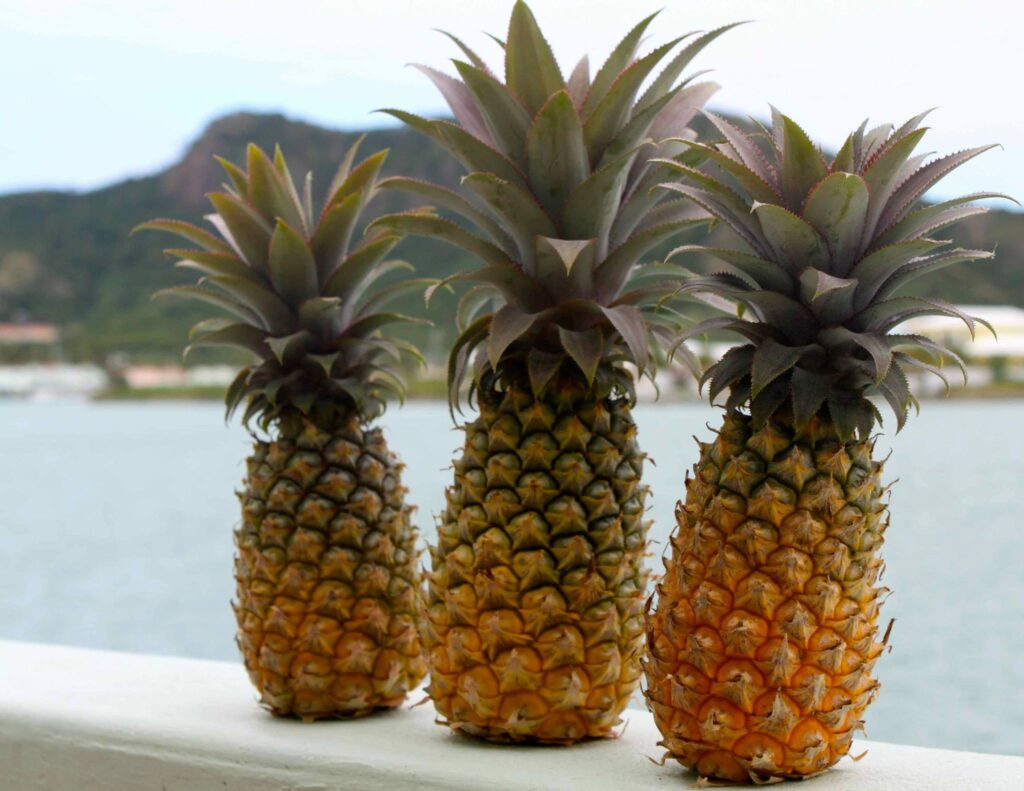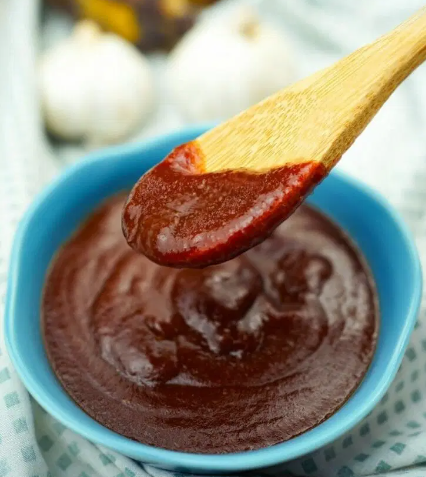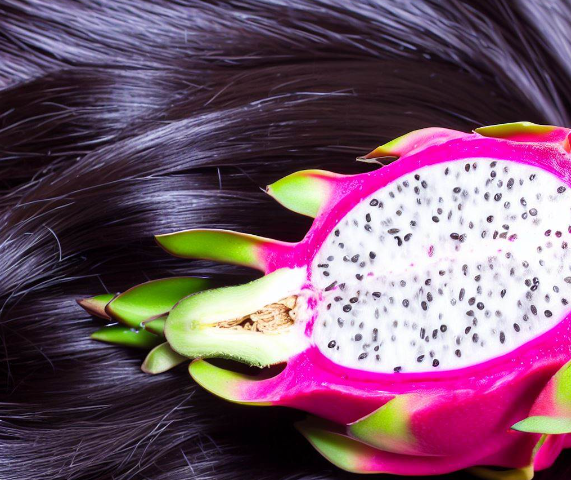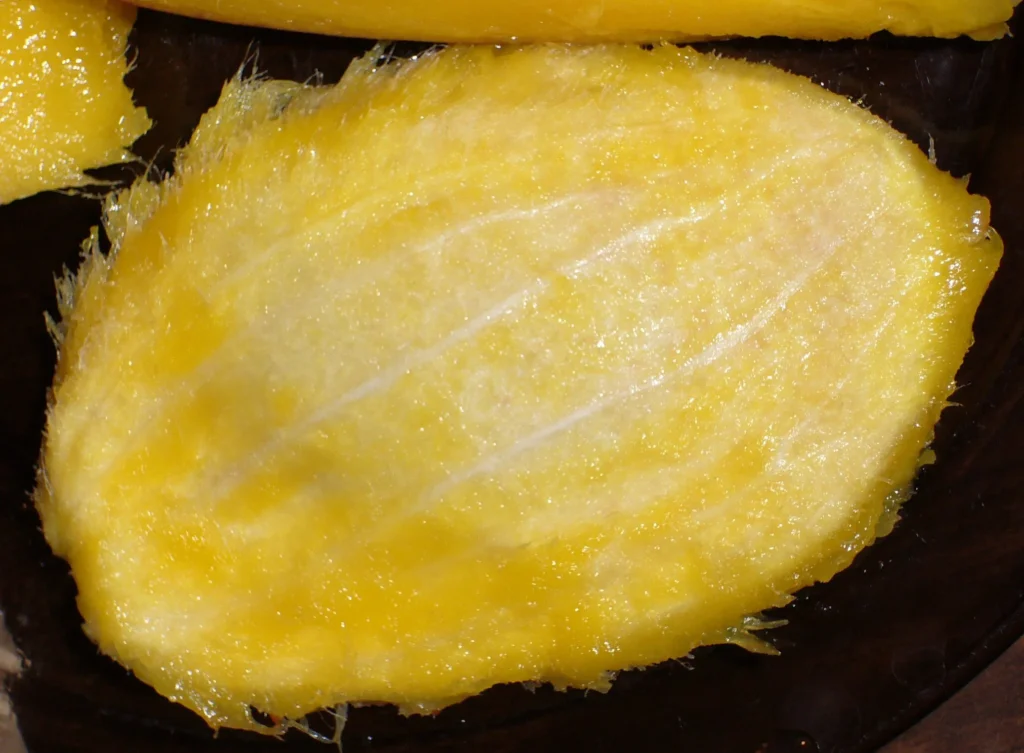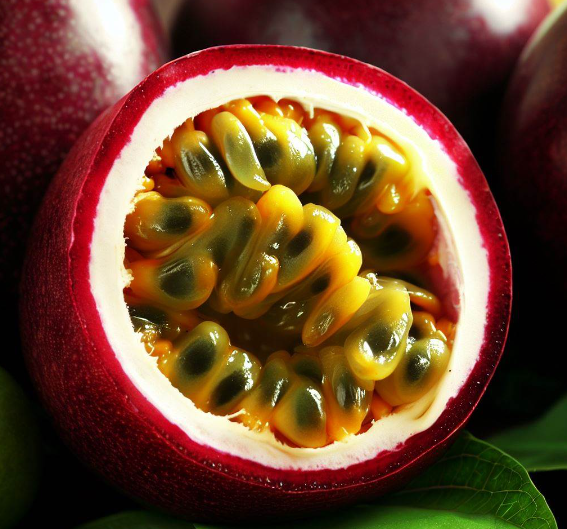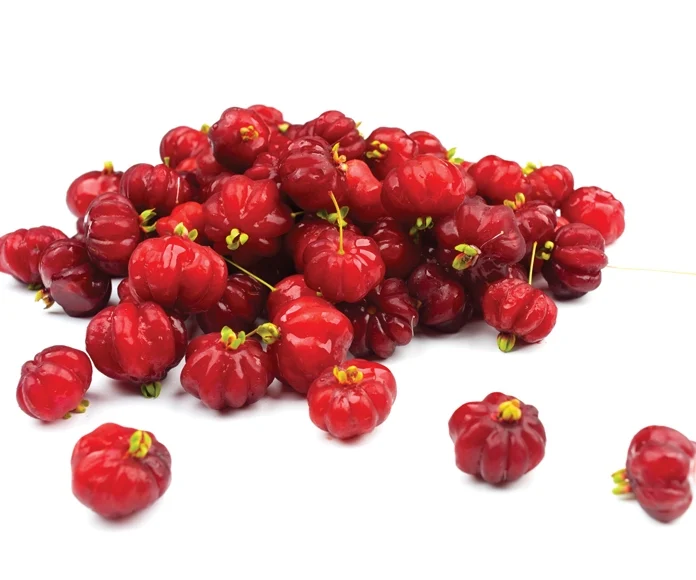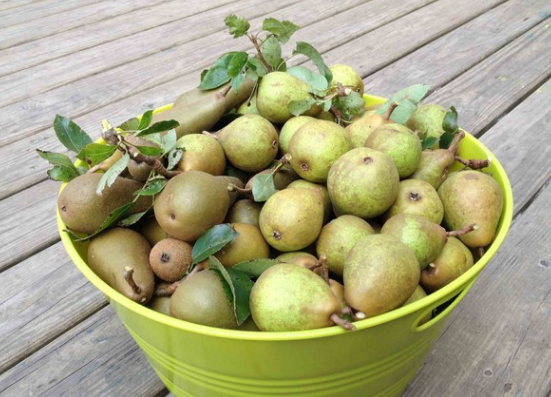Fruits that grow in the warm and wet areas around the equator are called tropical fruits. These places have a lot of rain, high temperatures, and soil that is good for growing plants. Tropical fruits are easily recognized by their bright colors, different tastes, and health benefits.
Table of Contents
- What Makes Tropical Fruits Special?
- So, Is a Pomegranate Tropical?
- Where Do Pomegranates Come From?
- What Climate Do Pomegranates Need?
- The Good Stuff in Pomegranates
- Why Pomegranates Are Good for Your Health
- How to Use Pomegranates in Food
- Choosing and Keeping Pomegranates Fresh
- Fun Facts About Pomegranates
- In Conclusion
- Frequently Asked Questions (FAQs)
- How do I remove the seeds from a pomegranate?
- Can I eat pomegranate seeds?
- Is pomegranate juice beneficial for health?
- Can I freeze pomegranate seeds?
- Are there different varieties of pomegranate?
What Makes Tropical Fruits Special?
Tropical fruits have some things in common that make them different from fruits from other places. They are often juicy and have a range of flavors from sweet and sour to kinds that taste very different and remind you of the tropics.
These fruits are full of vitamins, minerals, and things that help fight off disease, so they are not just tasty, but also very good for your health.
So, Is a Pomegranate Tropical?
No, a pomegranate is not a tropical fruit. Instead, it is a fruit that comes from subtropical or Mediterranean areas.
Where Do Pomegranates Come From?
The pomegranate has a rich history and is thought to have first grown in an area that is now Iran and Iraq.
This fruit has been grown for many years in places like Iran, India, and around the Mediterranean Sea. People value pomegranates for cooking and for their health benefits.
What Climate Do Pomegranates Need?
Pomegranate trees do well in subtropical and Mediterranean climates. They like hot, dry summers, cooler winters, and a little bit of rain. Pomegranates are tough and can handle different temperatures, which allows them to grow in many different areas.
The Good Stuff in Pomegranates
Pomegranates are very good for you because they have a lot of nutrients. They are a source of vitamin C, vitamin K, and powerful antioxidants like punicalagins and anthocyanins. The seeds have a lot of fiber and also a bit of potassium.
Why Pomegranates Are Good for Your Health
Pomegranates are filled with antioxidants that help fight harmful substances and swelling in the body.
They can help keep your heart healthy, help your digestion, and might even help prevent cancer. Pomegranate juice is also being studied for its ability to help your memory and thinking.
How to Use Pomegranates in Food
Pomegranate seeds can be eaten on their own or used in lots of different recipes. They add a great taste and a nice crunch to salads, bowls of grains, sweets, and drinks.
Pomegranate juice is tasty in cocktails and can be used to give a natural sweetness to your food.
Choosing and Keeping Pomegranates Fresh
When you pick a pomegranate, choose one that feels heavy because this means it has a lot of juice. The skin should be smooth, without bruises or marks and should look deep red or brownish-red.
Avoid any pomegranates that have soft areas or mold. You can keep a whole pomegranate at room temperature for about two weeks or in the refrigerator for close to two months.
Fun Facts About Pomegranates
- In many cultures, pomegranates are seen as a sign of fertility, plenty, and success.
- Pomegranates are special because of their crown-like part on the top of the fruit.
- People have used pomegranates in traditional medicine because they might help with health problems.
In Conclusion
Pomegranates are not tropical fruits; they are from subtropical or Mediterranean climates. They come from lands that are now Iran and Iraq and they grow well in warm, dry weather with cool winters.
Not only are pomegranates packed with valuable nutrients and vitamins making them a healthy choice, but their unique taste also makes them a distinctive addition to all kinds of dishes.
The next time you have a pomegranate, think about its long history, how special it is, and all the health benefits it brings to you.
